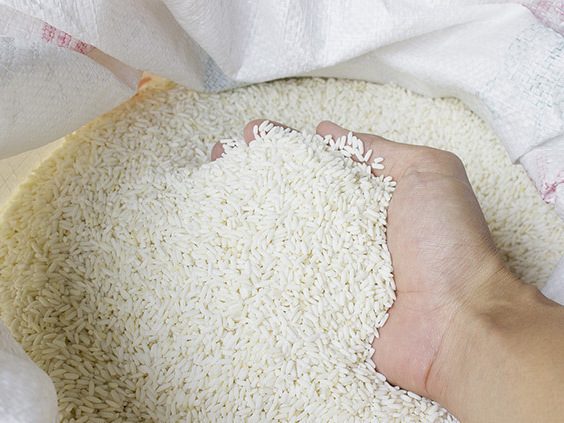SUMMARY
This is AI generated summarization, which may have errors. For context, always refer to the full article.

President Rodrigo Duterte has signed an executive order (EO) lowering tariffs on imported rice, Malacañang said Saturday, May 15.
Duterte’s EO No. 135 lowered the Most Favored Nation (MFN) tariff rates for imported rice from 40% to 35%.
Malacañang said it’s “to diversify the country’s market sources, augment rice supply, maintain prices affordable, and reduce pressures on inflation.”
“The tariff reduction took into consideration the increase in global rice prices, and the uncertainties surrounding the steady supply of rice in the country,” said Malacañang.
Some senators were opposed to lowering the tariffs on rice, saying it would hurt local farmers.
Senate agriculture committee chairperson Cynthia Villar said in a hearing last February that the Senate “in unison” does not want lower tariffs, even telling Agriculture Secretary William Dar to find another way to lower inflation.
“Wala namang rice shortage, talagang pina-i-import naman sila. Bakit pinag-iinitan ang rice? Ito nga ang saving grace natin. ‘Wag na pakialaman ang rice,” Villar had said.
(There’s no rice shortage, and rice is allowed to be imported. Why are we focusing on rice? It’s our saving grace. Let’s not tinker with rice prices.)
Slightly increased tariffs on pork
Duterte also modified tariffs on imported pork, slightly increasing it “in recognition of the plight of all concerned sectors and stakeholders, including the local hog industry,” according to Malacañang.
Duterte’s earlier EO No. 128 temporarily reduced tariff rates for imported pork, so that it became 5% (in-quota) and 15% (out-quota) for the first three months, and 10% (in-quota) and 20% (out-quota) from the fourth to the twelfth month.
Duterte’s new EO No. 134 slightly increased these so now it’s 10% (in-quota) and 20% (out-quota) for the first three (3) months, and 15% (in-quota) and 25% (out-quota) from the fourth to the twelfth month.
“Given the continuing spread of African Swine Fever and its adverse effects, the adjusted tariff rates aim to strike a balance between the objective of making pork products available and affordable, and the concerns of all stakeholders especially the recovery of the local hog industry,” said Malacañang.
Similarly, senators and industry leaders have denounced lower tariffs on imported pork. – Rappler.com
Add a comment
How does this make you feel?






![[ANALYSIS] The department of ambivalent, if not ambiguous agriculture](https://www.rappler.com/tachyon/2024/05/department-of-ambivalent-05252024.jpg?resize=257%2C257&crop=279px%2C0px%2C720px%2C720px)

![[In This Economy] Why amending the Rice Tariffication Law will reopen Pandora’s box](https://www.rappler.com/tachyon/2024/05/amending-rice-tarrification-may-17-2024.jpg?resize=257%2C257&crop=583px%2C0px%2C1080px%2C1080px)
There are no comments yet. Add your comment to start the conversation.